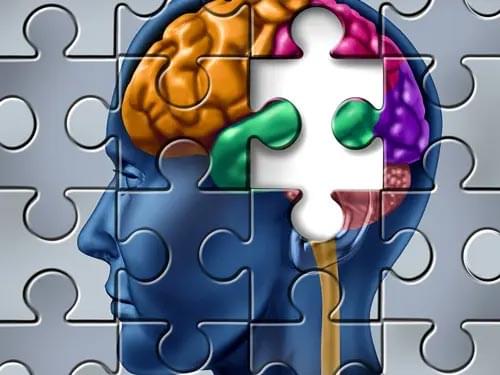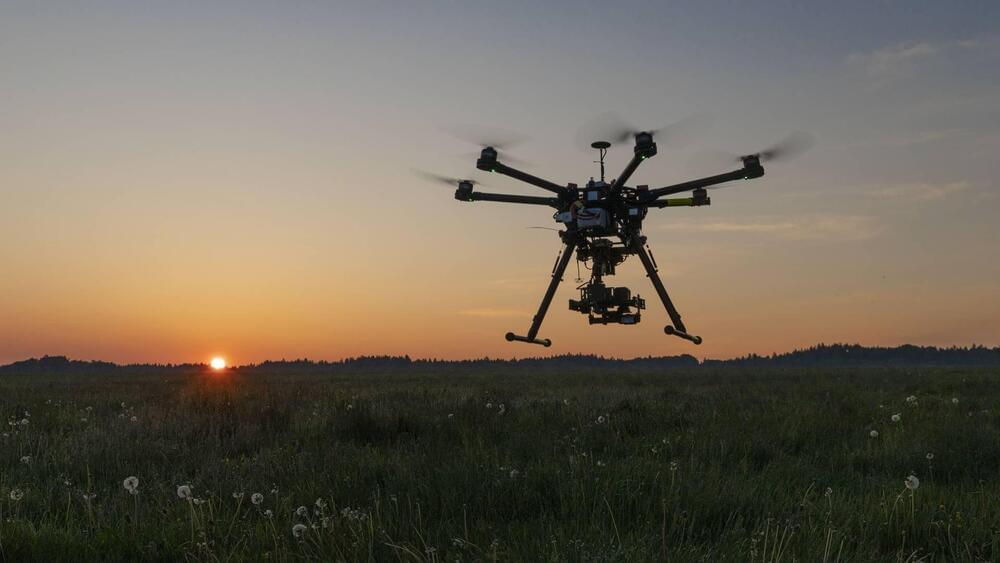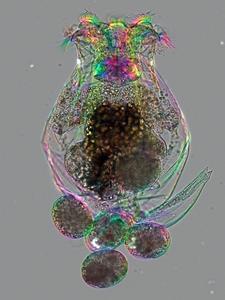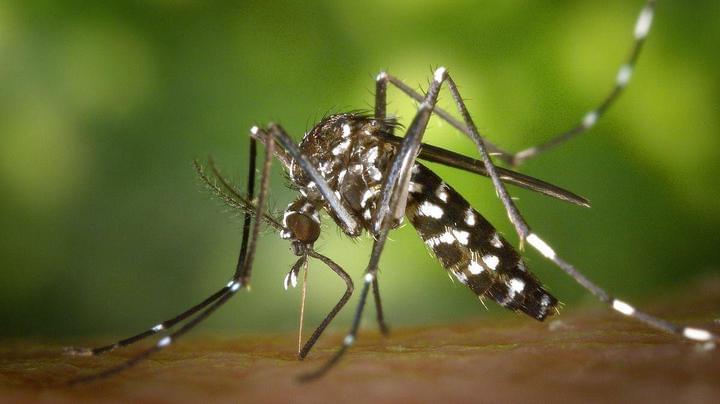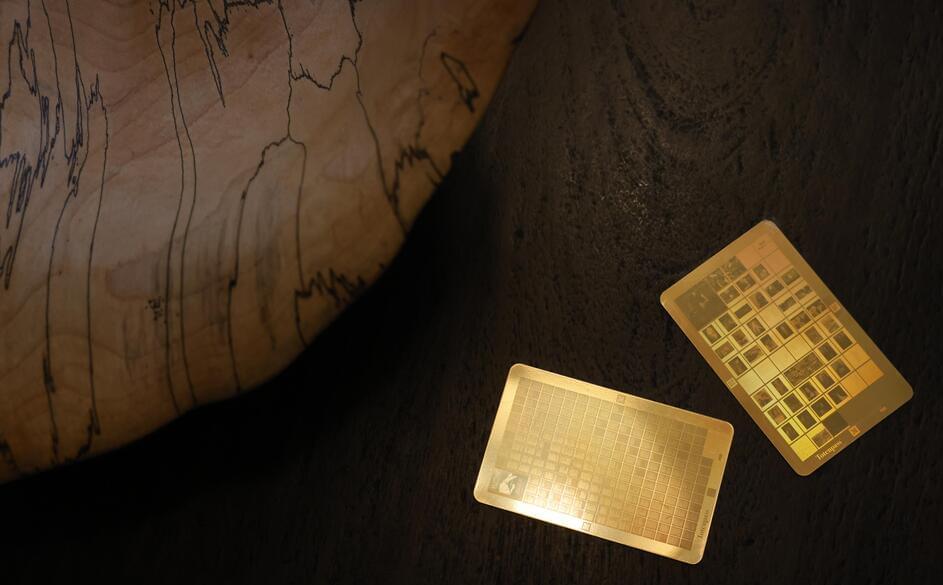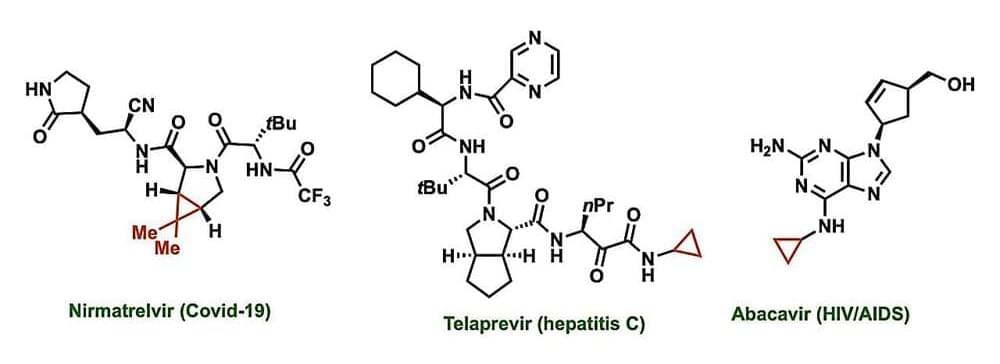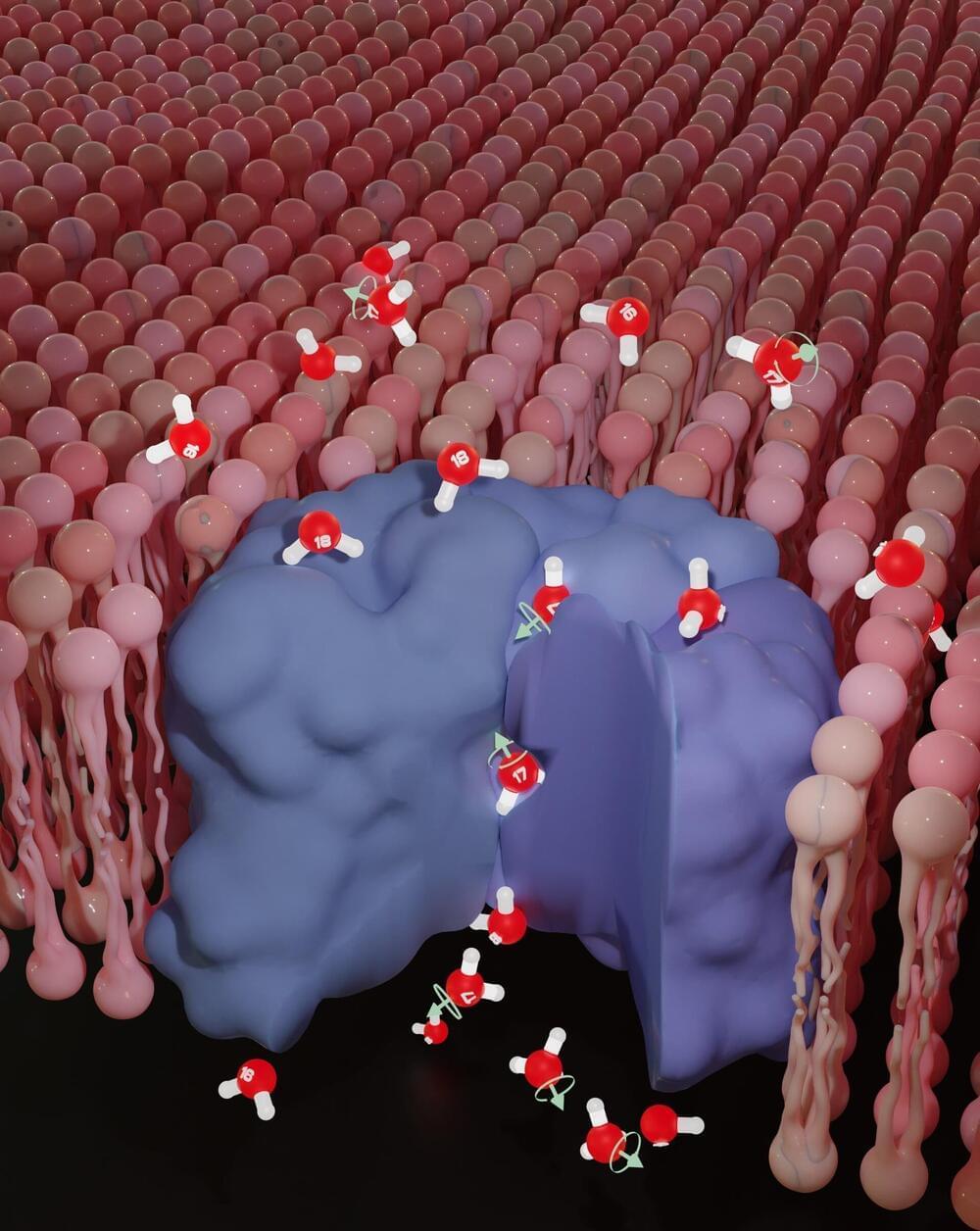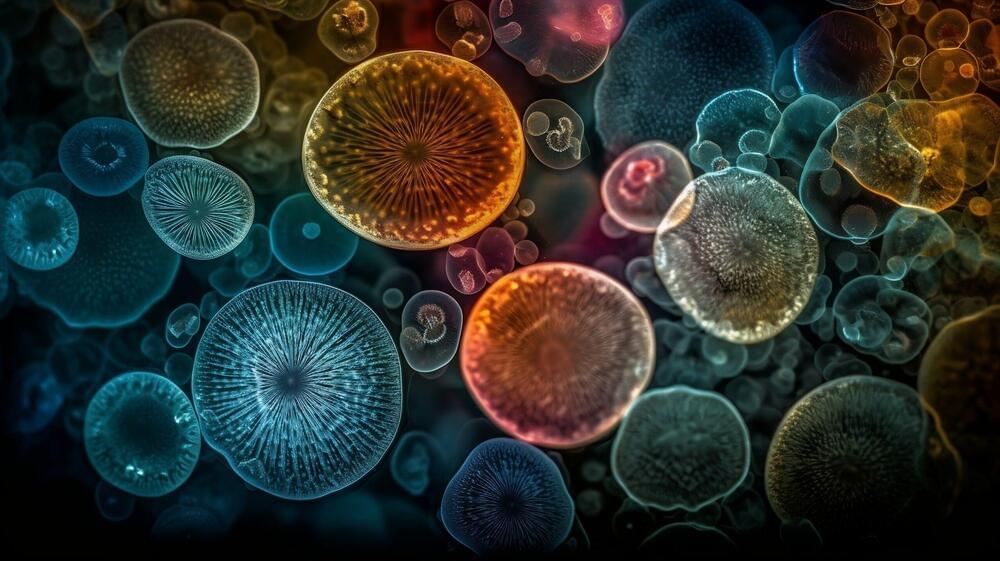Dopamine is a type of neurotransmitter that can provide an intense feeling of reward. It has been a long-standing assumption that most, if not all, dopamine neurons solely respond to rewards or reward-predicting cues. However, a study in mice led by researchers at Northwestern University reveals dopamine may also control movements. The researchers uncovered that one genetic subtype fires when the body moves and that these neurons do not respond to rewards at all.
The findings are published in Nature Neuroscience in an article titled, “Unique functional responses differentially map onto genetic subtypes of dopamine neurons,” and shed new light on the brain which may lead to new research on Parkinson’s disease, which is characterized by the loss of dopamine neurons yet affects the motor system.
“Dopamine neurons are characterized by their response to unexpected rewards, but they also fire during movement and aversive stimuli,” the researchers wrote. “Dopamine neuron diversity has been observed based on molecular expression profiles; however, whether different functions map onto such genetic subtypes remains unclear. In this study, we established that three genetic dopamine subtypes within the substantia nigra pars compacta, characterized by the expression of Slc17a6 (Vglut2), Calb1, and Anxa1, each have a unique set of responses to rewards, aversive stimuli, and accelerations and decelerations, and these signaling patterns are highly correlated between somas and axons within subtypes.”
